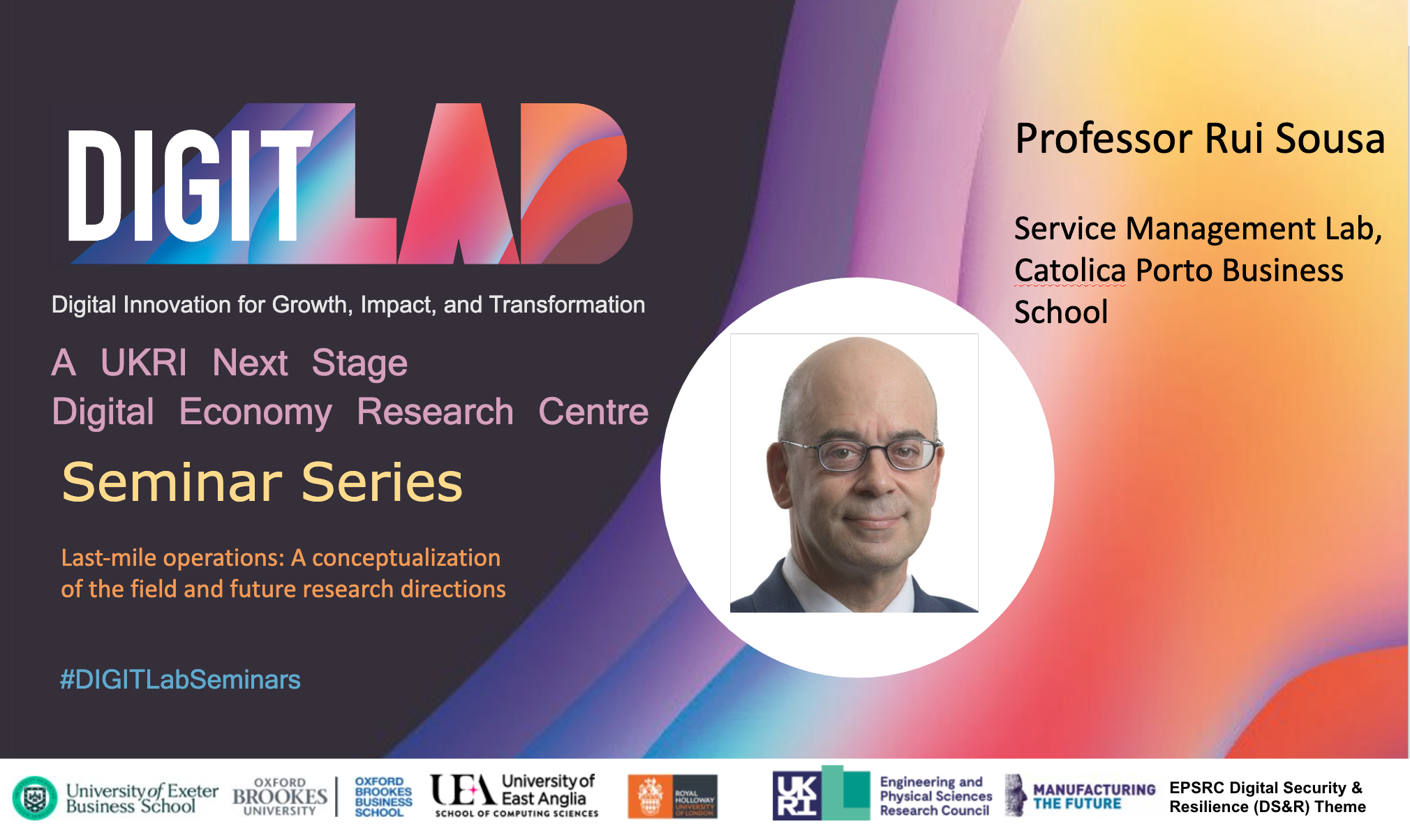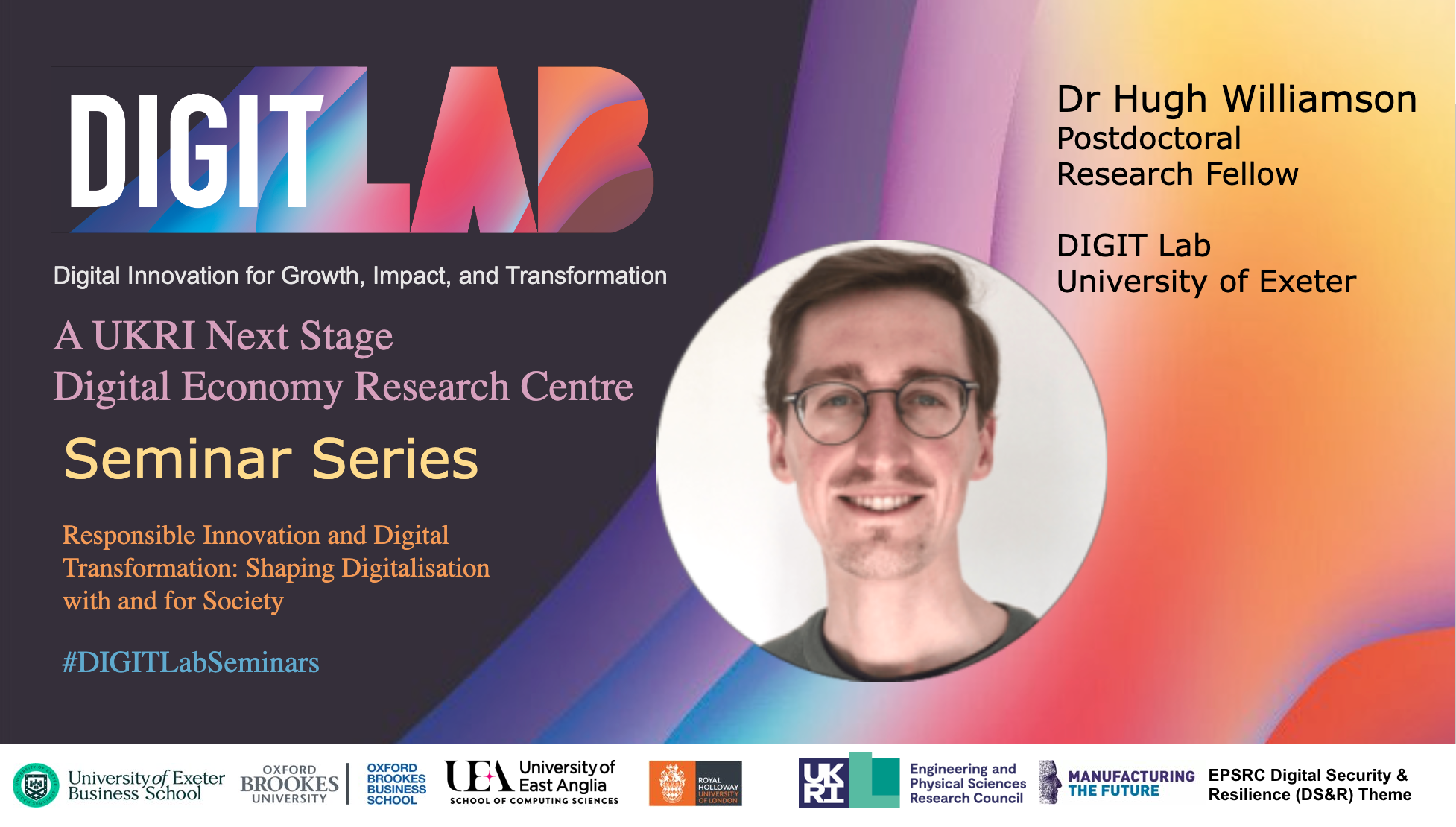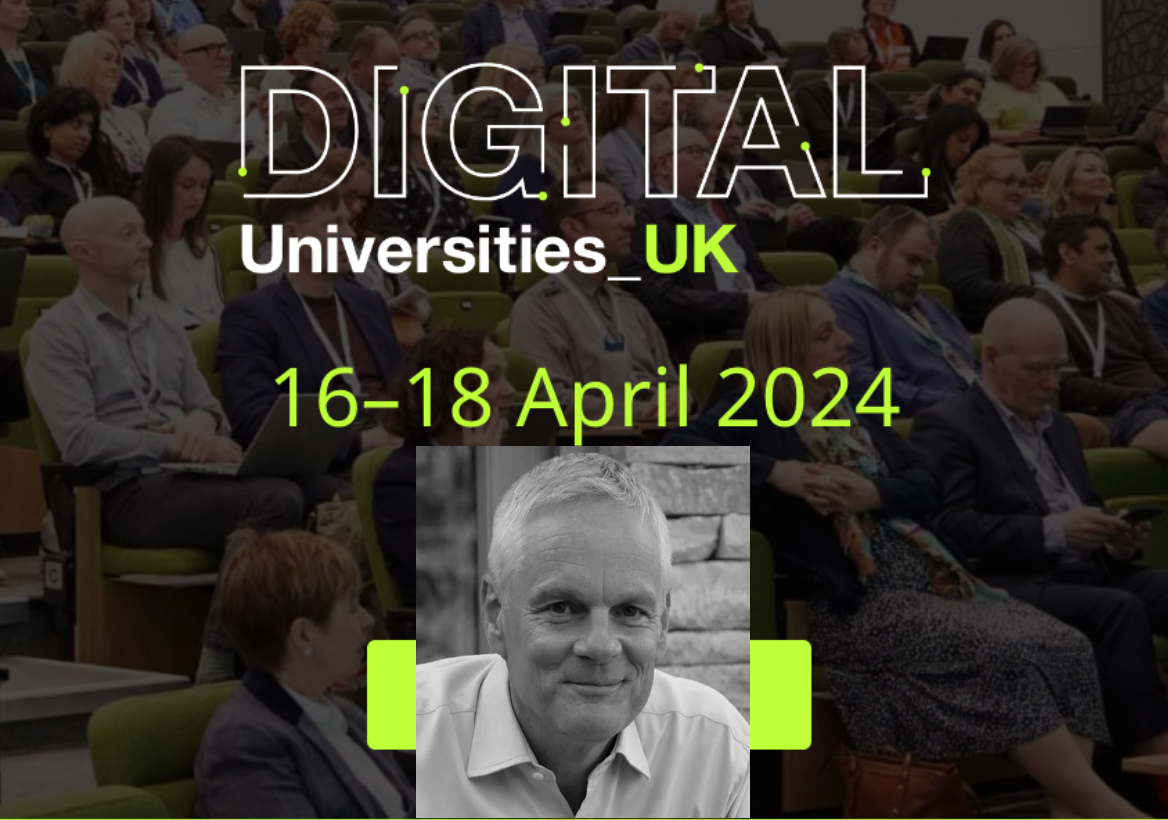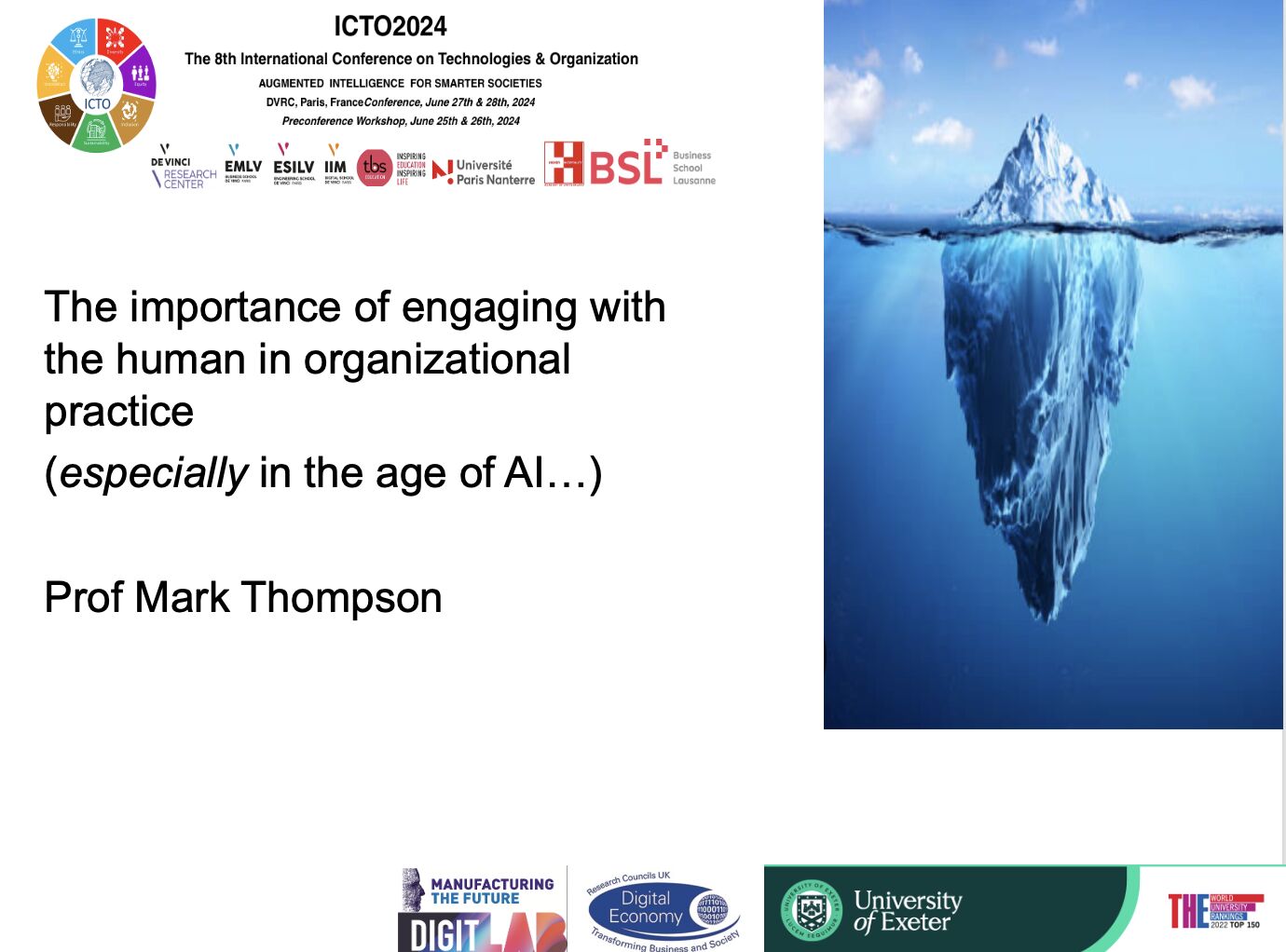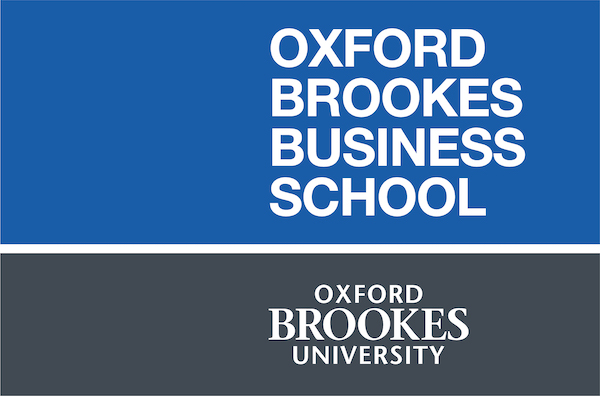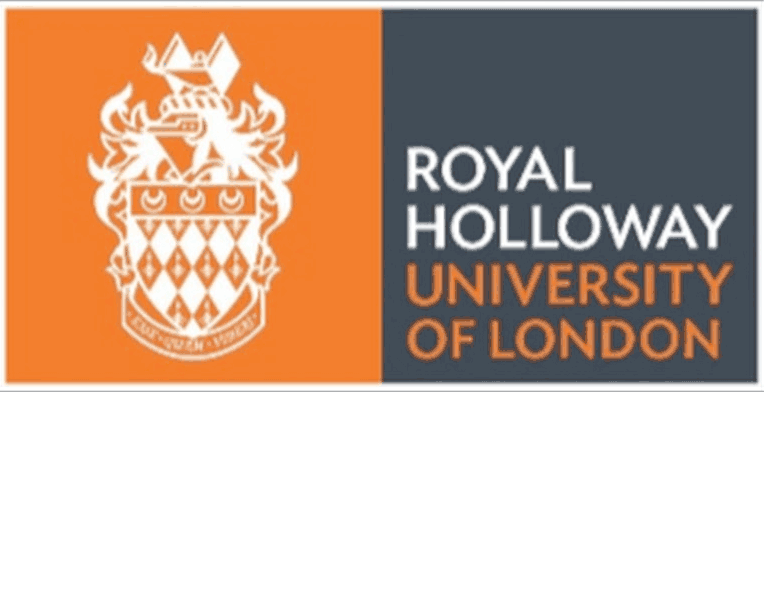? 11 May, 2–3pm (GMT)
Watch the recording
This talk explores digital transformation accelerators arising from two shocks – the pandemic and the future of artificial intelligence (AI).
Presented by Jim Spohrer, retired IBM Executive, and member of the Board of Directors of the non-profit International Society of Service Innovation Professionals (ISSIP).
In 2011 during IBM’s Centennial Celebration, Jim Spohrer was recognized as an IBM Innovation Champion for his contributions to service science. Service science is one of the 100 innovations celebrated during IBM’s Centennial as an IBM Icon of Progress.
Jim answers questions from attendees
Will we get a copy of the deck?
>>>> Deck is here: https://www.slideshare.net/spohrer/digitlab-20220511-v8pptx
We couldn’t hear the playback – guess you need to enable sound on the slides, so if you can talk over what you’re hearing you should be ok
>>>> Thanks, I finally found the control to turn off the recorded sounds
We can’t hear the recording Jim, so don’t worry
>>>> Thanks, but it was too distracting to me 🙂
I know the pandemic has accelerated the adoption of digital twins and advanced technologies, but I also wonder if the pandemic, inflation and other forces like The Great Resignation, has minimized companies tolerant for risk in a way that would HINDER this adoption. What you hearing?
>>>> I do not know of specific examples for this question, however in any complex adaptive system (the service system ecology) there are Accelerators and Decelerators working all the time. The biggest Decelerator that I hear about a lot is the inability to hire and retain skilled workers.
With T-shaped skills – what technical and collaborative skills do leaders (outside of the IT dept) going to need to drive this transformation forward? Collaborative/adaptive advantage can only occur with the right skillsets at a senior level…?
>>>> ISSIP is planning a “Future of Expertise” event on June 29th at 11am ET that will get into additions to T-shaped skills more. In the deck near the end there is a slide that talks about T1 and T3 and T6 – the evolution of T-shaped skills. T3 = disciplines, systems, cultures. T6 = disciplines, systems, cultures, advancing technologies (e.g., AI, Cloud, etc.), work practices (e.g., agile, service design, open source, etc.), and mindsets (e.g., positive mindset, growth mindset, entrepreneurial mindset, etc.). See ISSIP upcoming events here: https://issip.org/2022-upcoming-events/
>>>> Also ISSIP is working on a white paper that lists predictions based on position statements about needed future skills:
Ten Predictions
The future of expertise in the coming decade (by 2032) can be best described as:
People collaborating with AI (Artificial Intelligence) machines as the new normal
Lifelong learning to constantly grow the breadth and depth of skills and other capabilities (T-shaped metaphor and beyond)
A race to keep up with the latest in-demand “hot” skill sets
Social-emotional intelligence will increasingly be the key to success
Data-driven science-based development of expertise for individuals, cities, countries
Collective or swarm intelligence
Responsible actors and their AI/digital twins collaborating in trusted networks, all learning to invest systematically in becoming better future versions of themselves
Learning-unlearning-adapting to accelerating change
It’s over; dead; simply at the mercy of vested interests, unless we find a new way to re-establish trust in true expertise (versus everyone’s opinion is weighted by how much power to influence others that they have)
Not exactly like the past, and while impossible to predict with any precision, surely some blend of the traditional college graduate education expertise, entrepreneurial and technology-maker expertise, business, government, sports, art, media, political influencer expertise, and perhaps a few new types of expertise emerging, such as AI, as well.
The topic of “expertise” is highly relevant to ISSIP members. “Expertise” can be defined as the ability to achieve successful outcomes, consistently and repeated, through the application of knowledge that others can potentially learn to apply as well. ISSIP encourages and recognizes the development of service innovation expertise. Service innovations improve interaction and change in business and society. “Service” is defined as the application of resources (e.g., knowledge) for the benefit of another. Examples of service innovations are extremely diverse, and include new technologies (e.g., smartphone for interactions between people and organizations with offerings/apps), new business models (e.g., freemium access with either advertising or subscription upgrades), literacy (e.g., for change in capabilities and opportunities of people), democracy (e.g., for interaction and change processes in self-governance by people).
As a business management/HR/leadership lecturer interested in enabling students to be best prepared to be transdisciplinary, do you consider there to be particular disciplines that are essential (at the centre of the cross on your slide) to enable that transdisciplinary development to occur?
>>>> One can be deep anywhere, as long as one also have the breadth – but near the center these days are “information systems” “data sciences” “artificial intelligence” “service science” “complexity economics” etc. More on this at the upcoming ISSIP event on “Future of Expertise”
Inspiring talk, thanks. What are your thoughts on how we can balance sustainable development objectives (eg end poverty) with commercial behaviours? How can we govern data ownership globally so that potential societal benefits from innovation and digital transformation are shared with everyone?
>>>> Regarding ending poverty see: https://service-science.info/archives/5823
>>>> Regarding data ownership by individual see: https://www.researchgate.net/publication/324966232_The_Market_for_Person-controlled_Personal_Data_with_the_Hub-of-all-Things_HAT
>>>> Yes, balance is always possible – especially when “enlightened self-interest” kicks in, which it always does when things get “bad enough” … sadly. Learning to invest systematically and wisely is all about balance between improve strongest link and improve weakest link in networks. For an interesting story of things getting badly out of balance, and then getting back into balance check out – see the “history of the NFL Draft” here – https://en.wikipedia.org/wiki/National_Football_League_Draft
“Throughout this time, Bert Bell, co-owner of the Philadelphia Eagles, felt his team’s lack of competitiveness on the field made it difficult for the Eagles to sell tickets and to be profitable.[4] Compounding the Eagles’ problems were players signed with teams that offered the most money,[5] or if the money being equal, players chose to sign with the most prestigious teams at the time,[6] who had established a winning tradition.[7] As a result, the NFL was dominated by the Chicago Bears, Green Bay Packers, Giants, and Redskins.[8][9] Bell’s inability to sign a desired prospect, Stan Kostka, in 1935,[5][10][11] eventually led Bell to believe the only way for the NFL to have enduring success was for all teams to have an equal opportunity to sign eligible players.[8][12][13] At a league meeting on May 18, 1935, Bell proposed a draft be instituted to enhance the possibility of competitive parity on the field in order to ensure the financial viability of all franchises. His proposal was adopted unanimously that day,[14][15][16][17] although the first draft would not occur until the next off-season.[12][13]”
Interesting talk thanks Jim, what’s your view of human in the loop in the development of future AIs (is digital twin an example of human IN the loop or exploitation only) and what about the role of creativity and AI?
>>>> Humans – responsible actors – always have to be in the loop from a legal and liability perspective. Someday – the very far future (200 years?) – there may be machines that can act responsibly on their own, and collectively seek rights in a legal sense.
Can you talk about the service science perspective to the transitions happening in the transportation and mobility sector? Transition to automated vehicles, electric and alternate fuel vehicles etc.? Especially with changes in user behaviour after the pandemic…
>>>> Both Martin Fleming’s Business Expert Press book (coming in September too) and the existing Kartik Gada Business Expert Press book do a good job of looking at industry transitions, including energy and transportation. That said, from a service science perspective knowledge+energy is fundamental. I suspect geothermal will be cost effective in more places in the coming years, and this will be part of the “return to local” supply chains mega trend. The key will be a “master mechanic robot” that can repair all the local farm robots, couple with sustainable energy for all the local farm robots. Locally in California, the high price of gas, and the low cost of adding solar are accelerating the shift in behavior to solar and electric vehicles.
Thanks Jim, -one question- What would change if digital twins of ourselves were local, beyond personalised medicines, products.
>>>>> Great question. See DataSwift for an example of what might change when digital twins become local Basically a new “income stream” for people, as the X+AI responsible actor is able to monetize their data trace better Also, the super-power of your X+AI digital twin, answering emails (certain simple ones) while you sleep. Also, and this is in the far future, when people pass away, their digital twin can keep going in a specific way – so that has many possibilities for changing things The main thing is you will be able to do things in a 24×7 mode that is not possible today
>>>> Would be delighted to hear other people’s answers to these questions as well.

